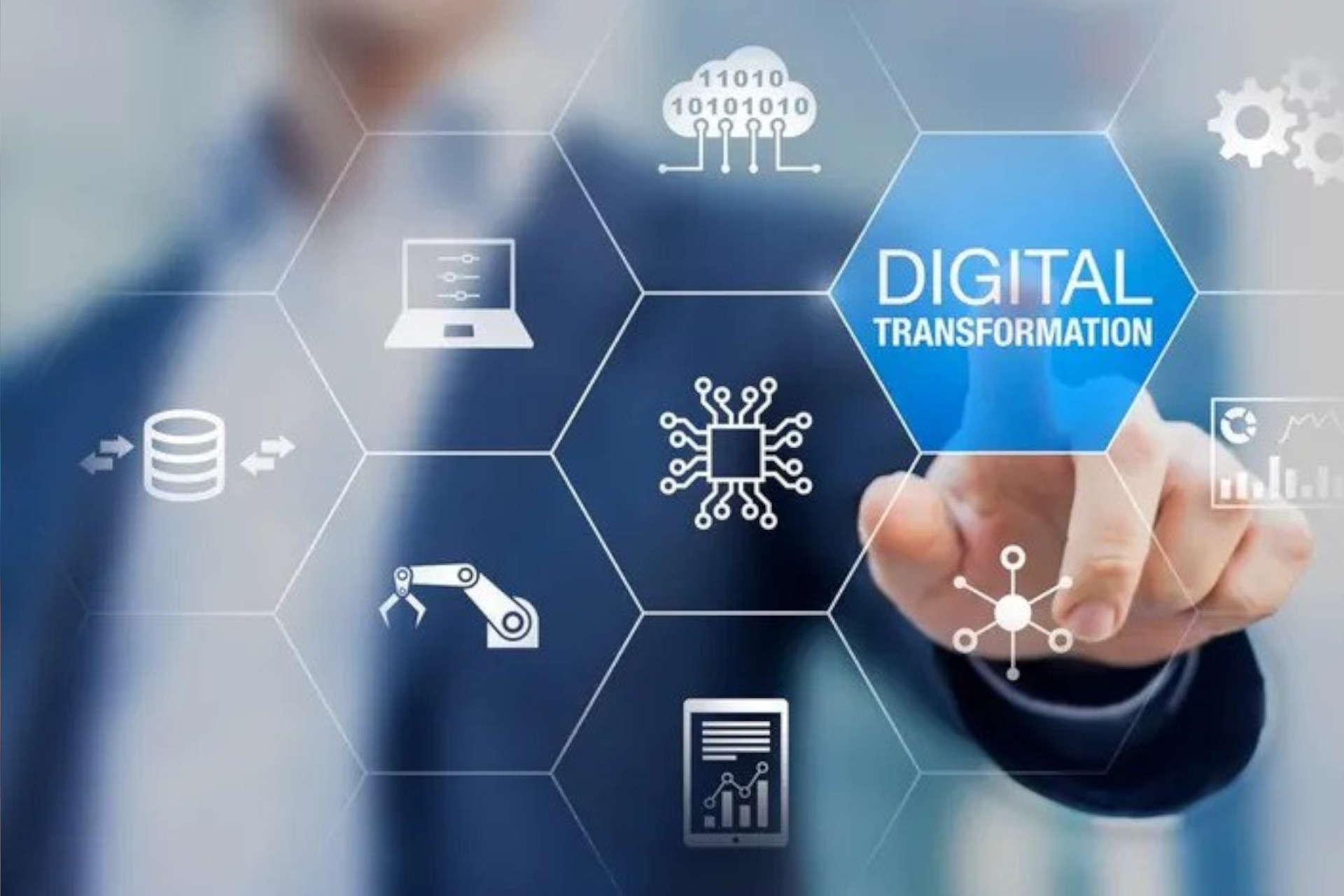Are you a transformer? Or are you caught in an EDI spider’s web?
How is your company doing? Business as usual or facing changes coming from different directions? This blog is about embracing change and leveraging it for competitive advantage. My goal is to make this very practical by providing guidance to transform the way you deliver products and services by connecting your supply chain ecosystem.
The research firm Gartner© analyzed the performance of their research clients and other companies, assessing the underlying causes for their success or lack thereof compared to their peer group. The common denominator appeared to be their level of Composability. It would take too much space to summarize the research, but the essence is that as a company you must make sure you set up your business, your processes, and the way these are supported by systems as building blocks that you can re-use and configure differently as conditions change. The next step is to actually use this skill actively to pre-empt the competition and embrace change, regardless if it is a threat or an opportunity.
The bigger your company, the harder it generally is to become composable. An interesting aspect is that an “ERP suite” type IT solution is definitely NOT composable: It’s too hard to reconfigure, it does not allow you to spin-off certain parts of your process to other partners, or, vice-versa, integrate these into your own business. How long did it take to complete your last ERP main upgrade and how many business improvement projects were held up by this?
The more “digital” you are, the easier it is to reconfigure and this is a starting point. But not all digital is equal. This is the quintessence of this article:
What kind of digital do you really need?
What we see at Quyntess is that large manufacturing companies and logistic service providers have started in the past with system integration, mainly for efficiency purposes. Both internally (EAI), and externally (EDI). The typical outcome follows Pareto’s law: They have integrated the 20% that do 80% of the business because the costs are typically too high to go much further if companies don’t have the bargaining power to force these costs on their “partner”. In the meantime, they have also worked themselves into a spider’s web of sticky threads to their partners that do make their process more efficient, but also very difficult to rebuild or reconfigure. So they are sort of “stuck in the middle” and unmotivated to do further integration projects.
For “insiders” it will not be a secret that companies actively use this stickyness to create exit barriers for customers: The exact opposite of what you will need to become composable.
What did Quyntess do to break out of this? We created a little fabric around your internal systems. That fabric isn’t “sticky” though; it is transparent because we use OpenSource and Open Standards (specifically Universal Business Language or UBL) as a “lingua franca” to recompose. Savvy readers probably say: “Fair enough, but you still need to make all those connections”. Good point, but this is where networks come in. What we actually do is use this UBL to connect to the ecosystems and their dialects: Peppol; Tradeshift; project44; and Adyen. Not to become the biggest network, but the best connected. And the most composable and fastest to implement and deploy.
Over the past 2 years, all our SCM applications and integrations were equipped with public APIs: The Lego blocks that web-based applications use to exchange pieces of structured information. By smartly connecting UBL to the API we have an easy to re-configure set of capabilities that you can wrap around your applications. By delivering this with a “pay per use” model, without upfront investment you need to create an EDI network or switch EDI service provider. Your success is our success and we just want to accelerate the number of “transformers” you can build in a period of time. With your suppliers. With your customers. With your co-manufacturers. With your logistics service providers. Maybe even with your competitors.
So stop for a moment and answer the question now: Are you a Transformer?
Contact me for a one-to-one meeting to explore the topic and maybe run our in-company “serious game” to help your team have a fresh perspective on what they are doing today and assess if this is still a good practice or a practice that had its best days.
EDI but not as you knew it!
Share this
You May Also Like
These Related Stories

5 Considerations for a Future-Proof EDI Strategy
.png)
The Trump Tariff Effect on Your Supply Chain - Part 1
